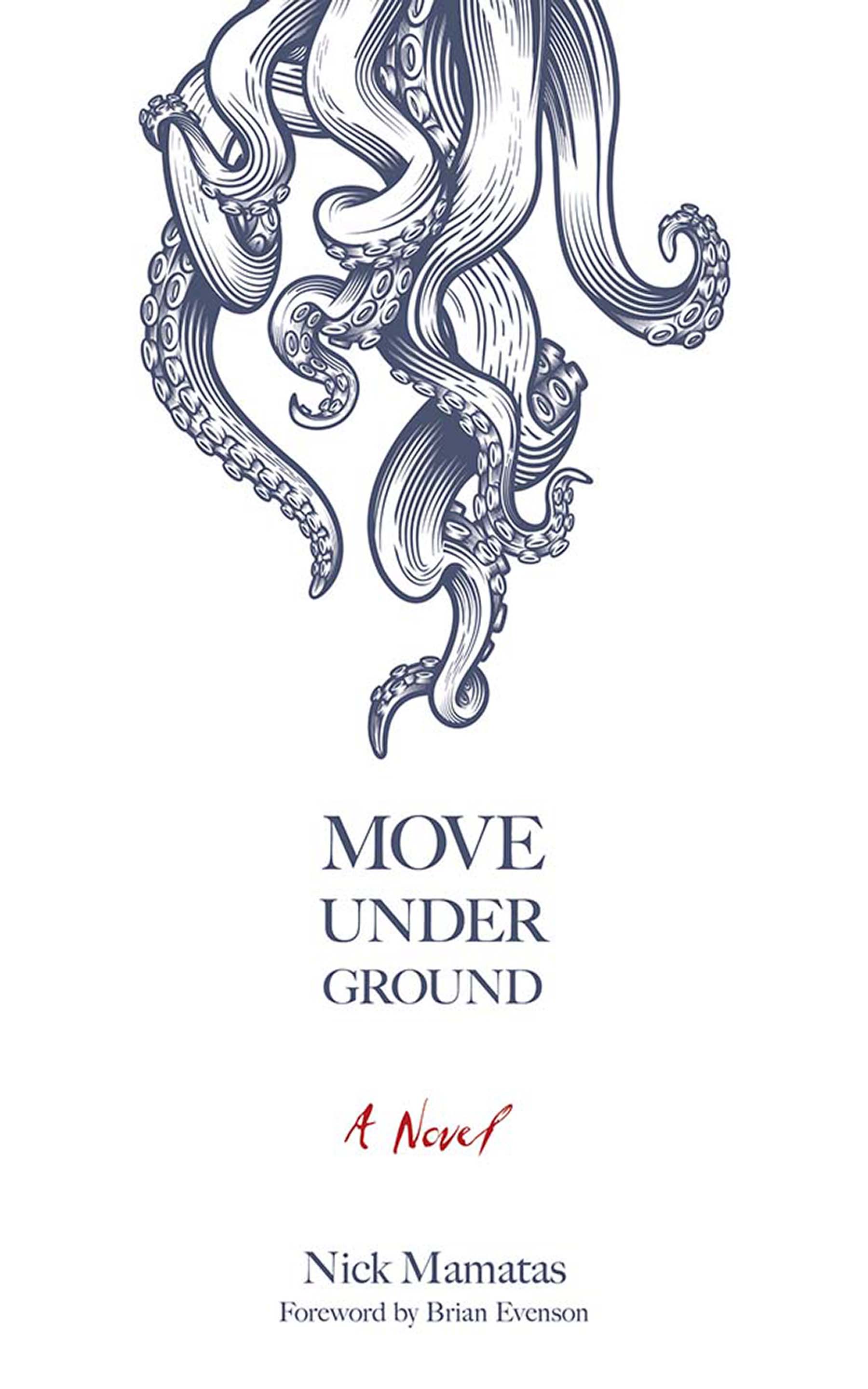What do you think?
Rate this book


176 pages, Paperback
First published January 1, 2004
Great Chicago glowed red before our eyes. We were suddenly on Madison Street among hordes of cultists, some of them sprawled out on the street, elongated chitinous scythes where their hands used to be dragging across the ground, hundreds of others gathered around storefront churches or crowded onto corners, all waiting and buzzing. "Wup! Wup! Neal approaches! The Man Of Two Worlds, chosen one of Azathoth! All hail Neal!" I cut the wheel hard and proceeded to downtown Chicago, but there wasn't a true human on the streets anymore. Only mockeries of life: flatulent mugwumps in clouds of swampgas, children oozing along the streets on a mass of thick cilia, hawking newspapers of human skin scrawled with unspeakable blasphemies, letters you couldn't even trace upon a page without the madness coming for you. And those were the remnants of our sweet race, the folks who were people once before R'lyeh rose and the missiles tore their way up from the deserts--there were plenty of pretty girls with a smile for our dream car and swarthy working stiffs, chests broad as barrels and V-shaped torsos leading to chinos and black boots, but there were not women, they were not women, they were not men. Shoggoths to a being they were, phalanges, avatars of insanity and destruction mocking me with human form and countenance.
I nearly gave it all away, but under the world I made, I saw the one Neal made: drowned coasts, the dead everywhere, clicking beetlemen working in their dark, satanic mills, illusions of gilded trade laid bare. Was it any less beautiful? Of course not--misery is mayfly, beauty dross. Only the spirit, ineffable, remains eternal. There was a choice though; I was given a coin and just had to flip it. And there was a choice for me too.
To be Buddha, to embrace bliss, and leave the world as I'd left it after my travels, in ruins. Or to cut loose the silver chord, to set the world alight by offering up my own divine spark, my chance for escape from suffering. Psychic suicide, that's what it was, nothing less. I'd pour every single joy I ever had into Creation, or it would collapse back into Neal's nightmare. Or I could wring myself dry like a dishrag, and walk the earth dead inside, the neighborhood dog-catcher or the blocked writer in front of an eternally blank and unspoiled page, without even the buzz of sweet Marie in my ear anymore.
What's the difference between having no desire and having desire for nothingness? Neal didn't know; that's why he threw his lot in with late-night poker games and cross-country chases for his own tail. He loved his own Nealness too much to lose it without wanting to take the rest of us with him. He desired nothingness, but thought he had no desire. How could the Dark Dreamer not awaken from his feverish sleep and embrace the poor boy? I wasn't too clear on the distinction between the two choices myself, really, but rational thought isn't the key to answering the irrational question, is it?